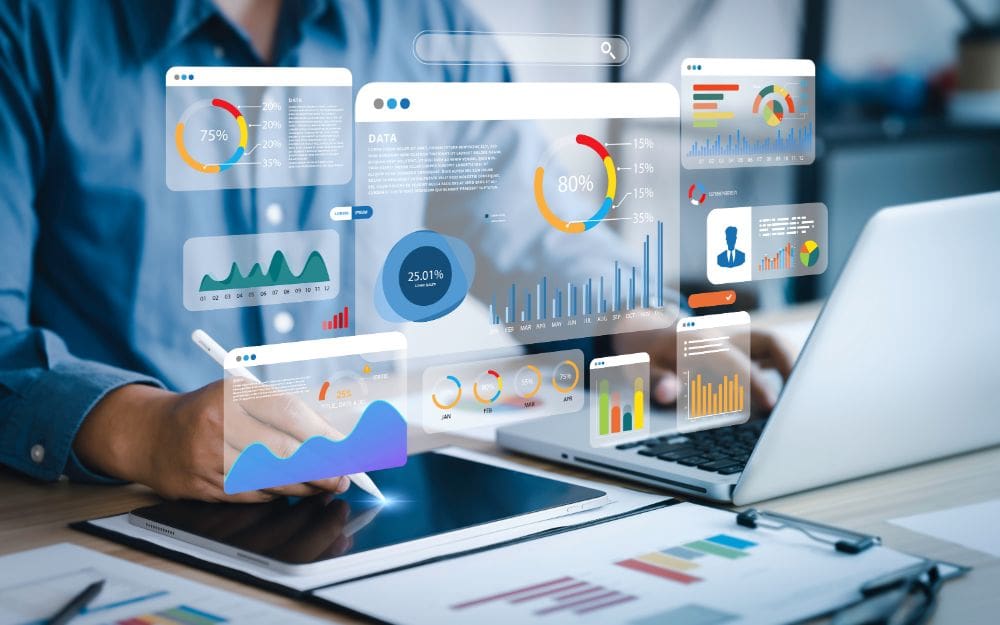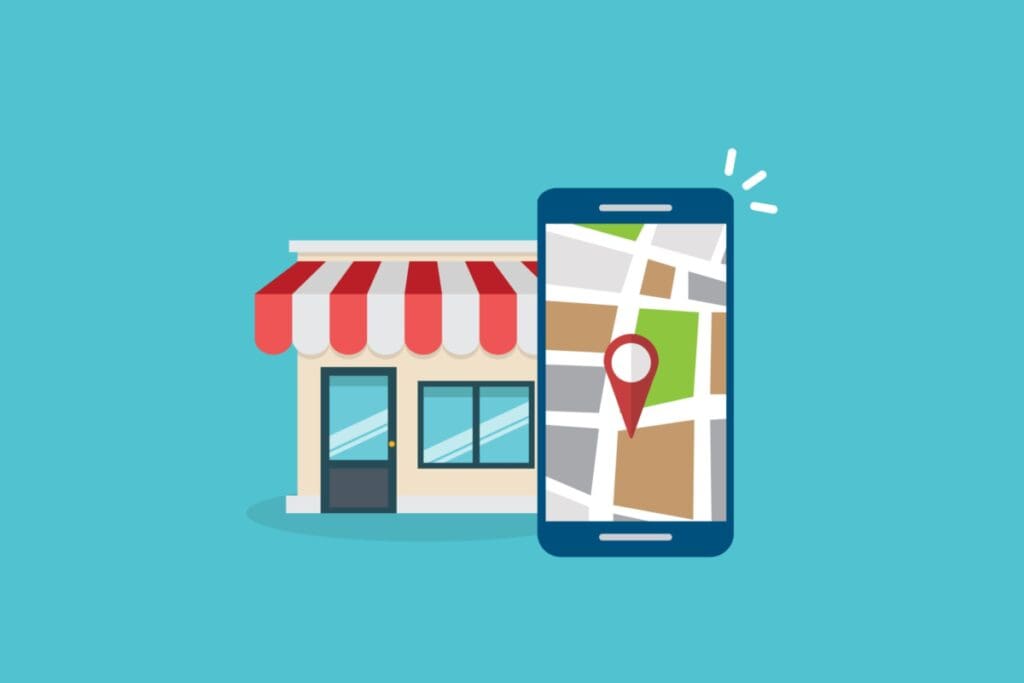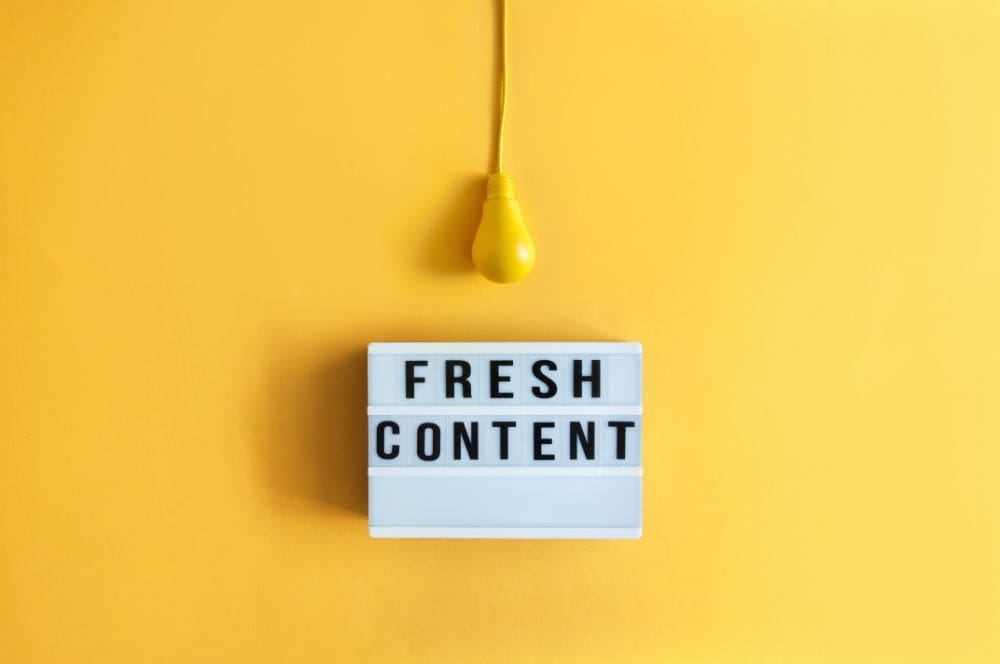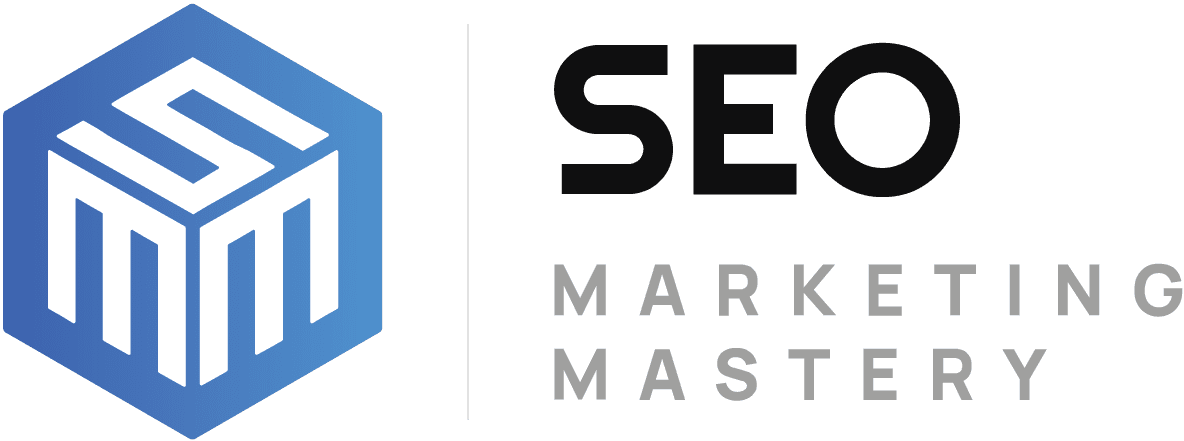Disclosure: This post contains affiliate links, including Amazon Affiliate Associate links, through which I earn from qualifying purchases at no extra cost to you. I only recommend products I genuinely believe in. Visit my Privacy Policy page for more information.

At our agency, we work with both national companies and local businesses alike. The bottom line? Digital marketing is crucial for boosting enquiries for these businesses, no matter the size.
Think of your online presence as your shopfront on a busy high street. Without digital marketing, your business could be hidden in plain sight. It’s like a guiding light that leads potential clients to your website or contact details.
1. Why Small Businesses Need Digital Marketing
Digital marketing attracts, engages, and converts potential and existing customers online. It involves various channels like search engines, social media platforms, email marketing, etc.
Capturing the Online Audience
Today, most of your potential customers are online. They use search engines like Google to find products or services, engage with brands on social media platforms like Facebook and Instagram, and read reviews before purchasing. Using social media platforms leveraging digital marketing, you can reach out to these potential customers and guide them towards your products or services.
Cost-Effective and Measurable
One of the most significant advantages of digital marketing for small businesses is its cost-effectiveness. Unlike traditional marketing methods, digital marketing allows you to reach a larger audience at a fraction of the cost. Moreover, with digital marketing, you can measure the effectiveness of your campaigns using tools like Google Analytics, thus helping you make the necessary adjustments to maximise ROI.

2. Building a Robust Digital Marketing Strategy
Creating a solid digital marketing strategy involves understanding your target audience, defining your goals, choosing the right marketing channels, and measuring your results.
Understanding Your Target Audience
Understanding your target audience is the first step in building an effective digital marketing strategy. Knowing their preferences, behaviours, and needs, you can tailor your online marketing strategies to resonate with them.
Setting Clear Goals
Once you understand your target audience, it’s time to set clear goals. Whether you want social posts to increase brand awareness, generate leads, or boost sales, having clear goals will guide your digital marketing efforts and help you measure success.
Choosing the Right Digital Marketing Channels
Selecting the right digital marketing channels is crucial to the success of your online marketing strategy. Whether it’s SEO, email marketing, social media marketing, or pay-per-click advertising, each channel has its own strengths and can help you achieve specific goals.

3. Implementing SEO for Small Businesses
Search Engine Optimisation (SEO) is a powerful digital marketing strategy that optimises your website to rank higher in search engine results, thus attracting organic traffic.
Importance of SEO
With good SEO, you can improve your website’s visibility on search engines, making it easier for potential customers to find you. Besides, SEO builds trust and credibility, as websites that appear on the first page of search results are often perceived as more trustworthy.
How to Implement SEO
Implementing SEO involves several steps, including conducting keyword research, optimising website content, building high-quality backlinks, and making your website mobile-friendly. Remember, SEO is a long-term strategy and requires constant monitoring and adjustments to stay ahead of the competition.

4. Leveraging Social Media Marketing
Social media marketing involves promoting your business on social media platforms. It is an effective way to engage with your audience, build brand awareness, and drive traffic to your website.
Choosing the Right Social Media Platforms
Not all social media platforms may be suitable for your business. Choosing platforms where your target audience spends most of their time is crucial. For example, if your target audience is young adults, platforms like Instagram and Snapchat might be more effective than LinkedIn.
Creating a Social Media Strategy
Creating a social media strategy involves setting clear goals, choosing the right social platforms for you you, planning your content, scheduling posts, and measuring your results. A well-planned social media strategy can help you engage with your audience, build brand loyalty, and drive traffic to your website.

5. Email Marketing for Small Businesses
Email marketing is a powerful digital marketing strategy that involves sending emails to prospects and customers to build relationships, promote products or services, and drive sales.
Benefits of Email Marketing
Email marketing allows you to reach your customers directly in their inboxes, making it a highly personal and targeted form of marketing. It’s cost-effective, offers high ROI, and enables you to build strong customer relationships.
How to Implement Email Marketing
Implementing email marketing involves building an email list, choosing an email marketing platform, planning your email campaigns, creating engaging email content, and tracking your results.

6. Leveraging Influencer Marketing
Influencer or online marketing strategy involves collaborating with individuals with a strong online influence to promote your products or services. It’s a powerful way to reach a larger audience and boost your brand’s credibility.
Why Small Businesses Should Use Influencer Marketing
Influencer marketing allows you to tap into an influencer’s established audience across social channels, thus reaching potential customers who might be interested in your products or services. Besides, influencers can create authentic content about your brand, which can help build trust and drive conversions.
How to Implement Influencer Marketing
Implementing influencer marketing involves identifying relevant influencers via social platforms, reaching out to them, and collaborating on promotional content. Remember to choose influencers who align with your brand values and have an audience that matches your target market.

7. Using Google My Business for Local SEO
Google Business Profile (GBP) is a free tool that allows businesses to manage their online presence on Google. It’s essential to local SEO and can help your business appear in local search results and Google Maps.
Benefits of Google Business Profile
A well-optimised GBP listing can increase your business’s visibility on Google, drive more traffic to your website, and boost your local SEO. Besides, customers can leave reviews on your GBP listing, which can help build trust and credibility.
How to Optimise Your GBP Listing
Optimising your GBP listing involves completing your business information, adding photos, responding to reviews, and regularly updating your listing. Remember to keep your information accurate and up-to-date to ensure potential customers can easily find and contact your business.

8. Harnessing the Power of Content Marketing
Content marketing involves creating and sharing valuable content to attract, engage, and convert your target audience. It’s a powerful way to build brand awareness, drive traffic, and generate leads.
Why Content Marketing is Essential
Content marketing allows you to showcase your expertise, provide value to your audience, and build strong relationships. By consistently producing high-quality content, you can establish yourself as an authority in your industry, attract more traffic, and drive more conversions.
How to Implement Content Marketing
Implementing content marketing involves planning your content strategy, creating engaging content, promoting your content, and measuring your results. Remember to create content that resonates with your target audience and aligns with your business goals.

9. Utilising Digital Advertising
Digital advertising involves promoting your business on various mobile devices and online platforms to reach a broader audience and drive more traffic.
Benefits of Digital Advertising
Digital advertising allows you to reach a larger audience, target specific keywords and demographics, and measure your results. Besides, digital ads can drive immediate traffic, generate leads, and increase conversions.
How to Implement Digital Advertising
Implementing digital advertising involves choosing the right platform, setting a budget, creating compelling ads, and tracking your results. Whether you choose Google Ads, Facebook Ads, or LinkedIn Ads, remember to target your ads to your ideal customers and continuously optimise your campaigns to improve your ROI.

10. Monitoring and Adjusting Your Digital Marketing Strategy
Digital marketing is not a set-it-and-forget-it strategy. It requires continuous monitoring and adjustment to stay ahead of the competition and achieve your business goals.

Why Monitoring is Essential
Monitoring your digital marketing efforts helps you understand what’s working and what’s not, thus allowing you to make the necessary adjustments to improve your results. Besides, it provides valuable insights into your audience and ideal customer’s preferences, behaviours, and needs.

How to Monitor and Adjust Your Strategy
Monitoring and adjusting your digital marketing strategy involves setting key performance indicators (KPIs), tracking your results using analytics tools, and making adjustments based on your findings. Remember to be flexible and ready to adapt to changes in your industry, market trends, and audience behaviours.
In conclusion, a well-planned digital marketing strategy can significantly boost your small business’s online presence, attract customers, and increase sales. So, why wait? Start implementing these five marketing strategies today and watch your small business soar to new heights!
Frequently Asked Questions (FAQs)
What Social Media Platforms Are Best for Small Business Owners?
Different social media accounts and platforms cater to different audiences. The key is to find out where your target customer hangs out. Is it Instagram, Facebook, or perhaps LinkedIn? Once you know, you can focus on your social media marketing strategy there.
How Can a Local Business Benefit from Digital Marketing?
Local businesses can significantly benefit from digital marketing by appearing in local search results, engaging with existing customers, and attracting new ones. Ever heard of Google My Business? It’s a free tool that can jump-start your local SEO.
What’s a Social Media Content Calendar, and Do I Need One?
A social media content calendar helps you plan and schedule your social media posts well in advance. It’s a lifesaver for small business owners with many other things to do. It ensures you post relevant content consistently, which is key to keeping your audience engaged.
How Can I Generate Organic Traffic to My Website?
Generating organic traffic is a top priority, and it’s not just about luck; it’s about strategy. Research shows that using relevant keywords in your content and meta descriptions, creating high-quality backlinks, and regularly updating your blog can significantly boost your site’s SEO.
What’s the Difference Between PPC Advertising and Organic Traffic?
PPC (Pay-Per-Click) advertising is a way to buy visits to your site, whereas organic traffic comes naturally through search engine results. Both have their merits, but organic traffic is generally more sustainable in the long run.
How Can Video Marketing Help My Business?
Video marketing is not just for larger companies with big budgets. Even as a small business owner, you can create engaging videos to showcase your products or share tips. Videos are more engaging than text and are easily shareable across social media channels.
What Free Tools Can Help Me with My Digital Marketing?
There are plenty of free tools out there to help you get started. Google Analytics, for example, is essential for tracking your performance. Other free tools can help with keyword research, social media, posting content, and content creation.
How Do I Know If My Marketing Agency Is Doing a Good Job?
You’ll know your marketing agency is effective if you see an increase in web traffic, higher engagement on social and other business media platforms, and, most importantly, a boost in sales. Remember, it’s not just about likes and shares; it’s about converting those into paying customers.
How Can I Create Content That Appeals to Different Audiences?
The right tools and a bit of research can go a long way. Use analytics to understand your audience’s preferences and behaviours. You can create relevant content that appeals to potential customer segments from there.
How Can I Build a Strong Online Presence?
A strong online presence is built on consistent branding, regular interaction with your audience, and providing value through creative content. It’s not something that happens overnight, but with the right strategy, you’ll get there.








